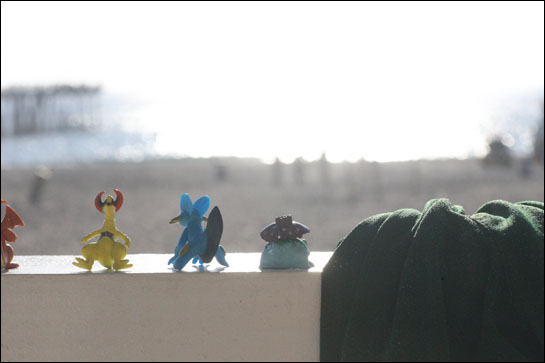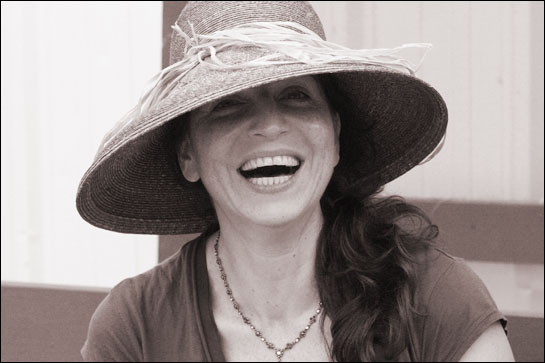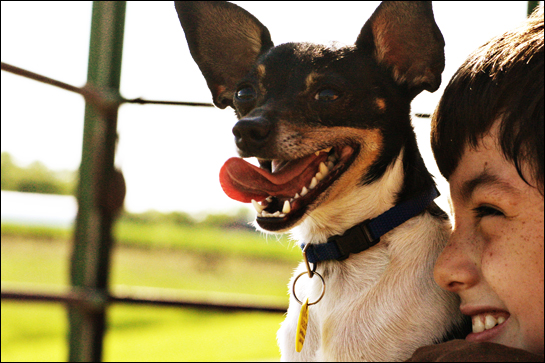My homeschool blog is mentioned in the New York Times. It’s a small mention, but it’s a big deal for me, because lately I’ve been obsessed with how people learn, and what makes a successful adult. It’s appropriate that the Times would link the day I wrote about what my day is like trying to homeschool and work full-time. It’s a colossal mess, really. But it’s a work in progress.
When things got really bad — me trying to do everything, and me having marriage trouble — Melissa said, “You need a vacation.” So the boys and Melissa and I went to Hermosa Beach. We stayed at a hotel called The Beach House. It’s right on the ocean, and it’s in front of volleyball courts I used to play on when I was on the pro circuit and too poor to stay in hotels as nice as this one.
I thought the best part of the vacation would be the hotel. It’s dreamy – with a perfect balcony and a fireplace, and soft thick towels that I never had to wash.
But it turned out that the best part was watching the kids learn. The hotel was the facilitator.
The first thing the kids did was line up their Pokemon everywhere so the place felt like home.









